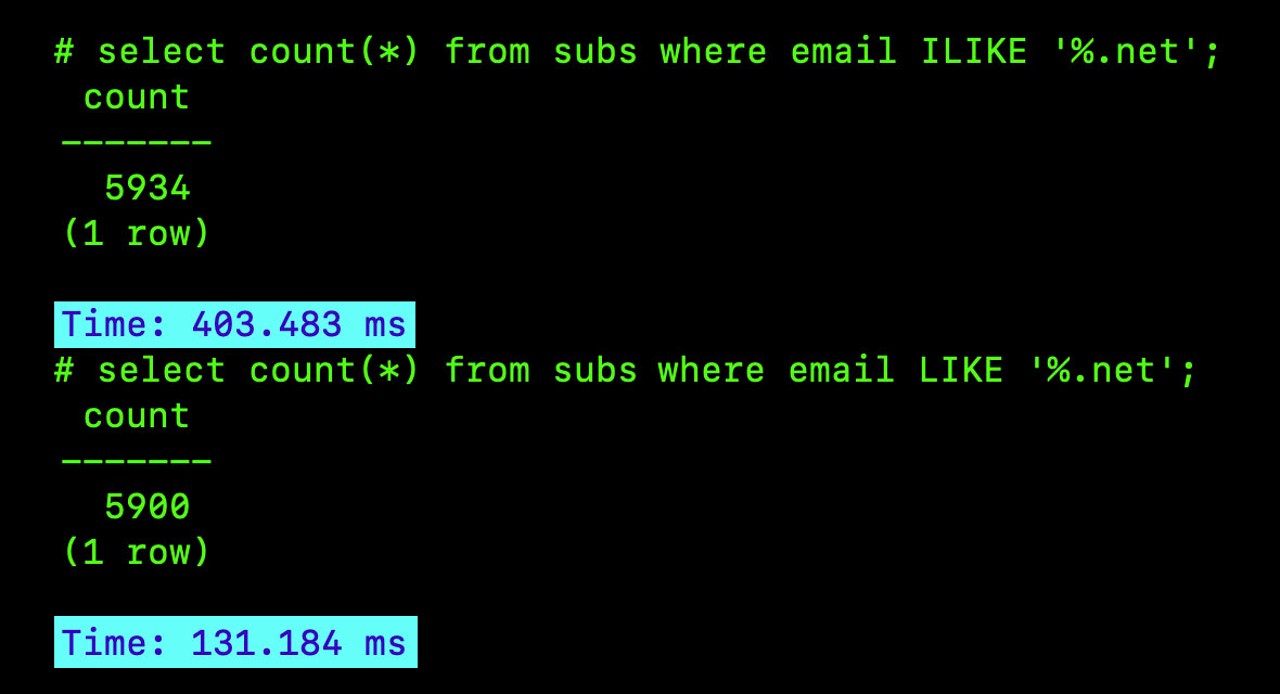#292 — February 13, 2019 |
Postgres Weekly |

|
|
Loading Terabytes of Data from Postgres into BigQuery — A quick look at how you can transfer large amounts of data from a Postgres database into Google’s BigQuery, perhaps for analytics work or even opening it up to the public. Pavel Tiunov |

Because Your Data Is Your Business — PGX's open source experts provide the database and application skills necessary to solve database problems, accelerate existing applications, refactor infrastructure, and develop new applications. PostgreSQL Experts, Inc. sponsor |
|
▶ How Postgres Used Tomas Vondra |
|
SortSupport: How Postgres Sorts at Speed — This is pretty technical, but also a great read if you want to understand SortSupport, one of the systems within Postgres for improving sort performance. “Sorting for types that have had Sortsupport implemented usually gets twice as fast or more, a speedup that transfers directly into common database operations like Brandur Leach |
|
An Overview of the Index Changes in Postgres 11 — PostgreSQL 11 introduced several changes to the way it handles database indexes. This post provides an overview and how you can take advantage of them. Amit Jain |
|
▶ Breaking Postgres at Scale — A 50 minute talk from FOSDEM digging into some of the scaling “discontinuities” in Postgres and how to mitigate them. If you don’t want your database failing in weird and wonderful ways as you scale, this is a valuable talk. Christophe Pettus |
|
pgDash Insights to Maximize PostgreSQL Performance — pgDash provides time-series dashboards, diagnostics, analytics and more to help you maximize the performance of your Postgres deployment. pgDash by RapidLoop sponsor |
|
The Most Useful Postgres Extension? Craig Kerstiens |
|
Connection Pooling, A Performance Best Practice for using Azure Database for PostgreSQL — The latest in a series of posts on improving the performance and scale of databases on Azure’s platform. Parikshit Savjani |
|
Move Fast and Migrate Things: How We Automated Migrations in Postgres — Benchling is a life science data management platform which means they need to work with a lot of data, and as with Braintree/PayPal last week, it’s neat to see how they approach migrations at their level. Vineet Gopal |
|

